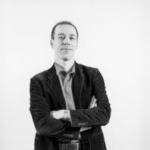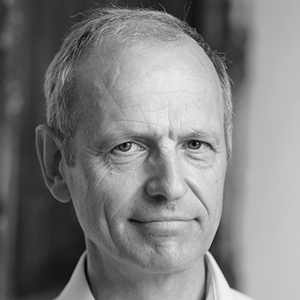
Thibauld Moulaert
Professor Moulaerts work has focused on the social construction of ageing, at the meeting point between knowledge and public policies.
His thesis explored outplacement of unemployed older adults (45) as a case of (then) new activation policies (‘active ageing in employment’), suggesting that it might be seen as a ‘new government of the end of careers’, placing more responsibility on individuals. As part of his first post-doctorate at Belgium’s National Scientific Research Fund (FRS-FNRS) and a period at King’s College, London, he broadened his focus by showing the key role played by International Organizations (European Commission, Organization for Economic Cooperation and Development, World Health Organization, United Nations) and English-speaking researchers in the plural definitions of active ageing beyond employment. Shifting the attention to the challenges of social participation and citizenship supported by such international discourses, he looked at the emergence and spread of ‘age-friendly cities and communities’ worldwide. He also observed the spread of various schemes for senior citizenship in a dozen cities in Belgium, Spain, the United States, France, the United Kingdom and Quebec province, Canada, as well as the way these schemes interacted with ‘age-friendly cities and communities’. Since 2016, he is interested to spatial dimension of ageing through the socio-political use of public benches (see ANR JCJC Citizenbench project).
LIAS FELLOW

A healthy public debate about important societal challenges requires a common and scientifically sound basis.
Bart Pattyn
Co-Chair LIAS and member Board LIAS Foundation
Contact
- Pater Damiaanplein 9
- BE-3000 LEUVEN
- Contact
- +32 16 32 38 29


